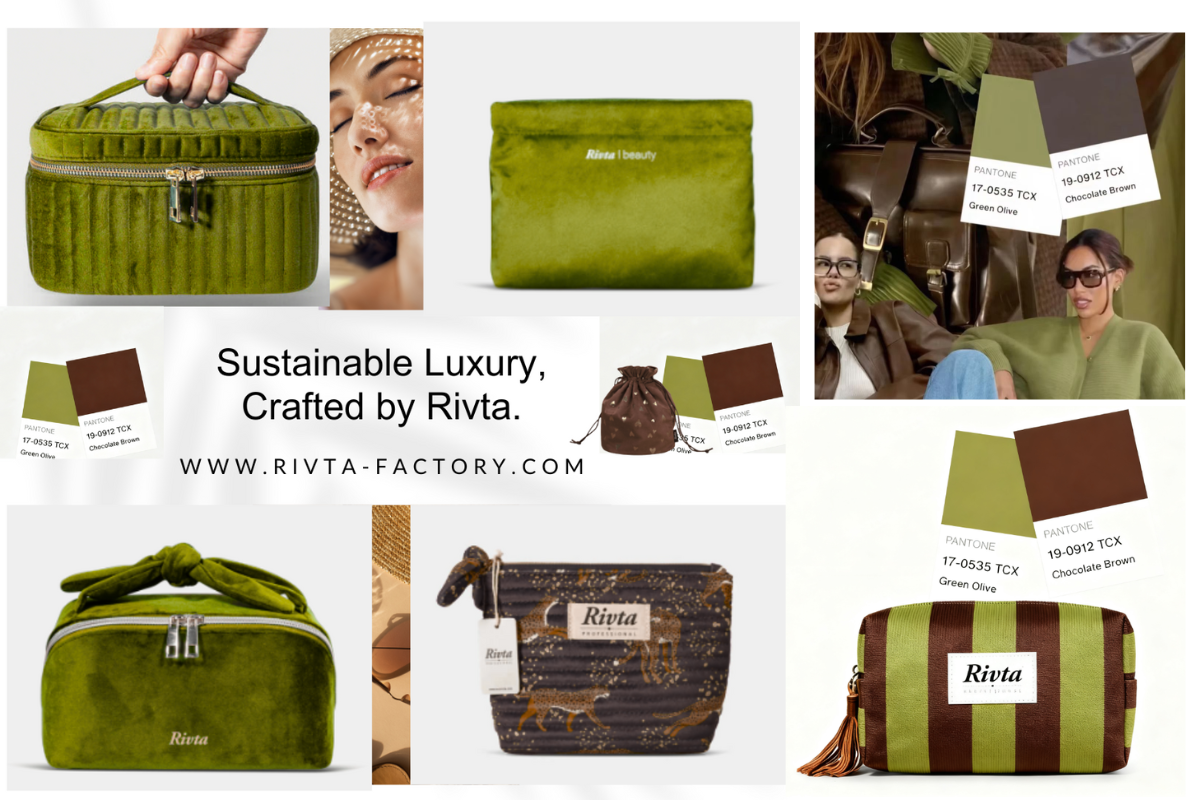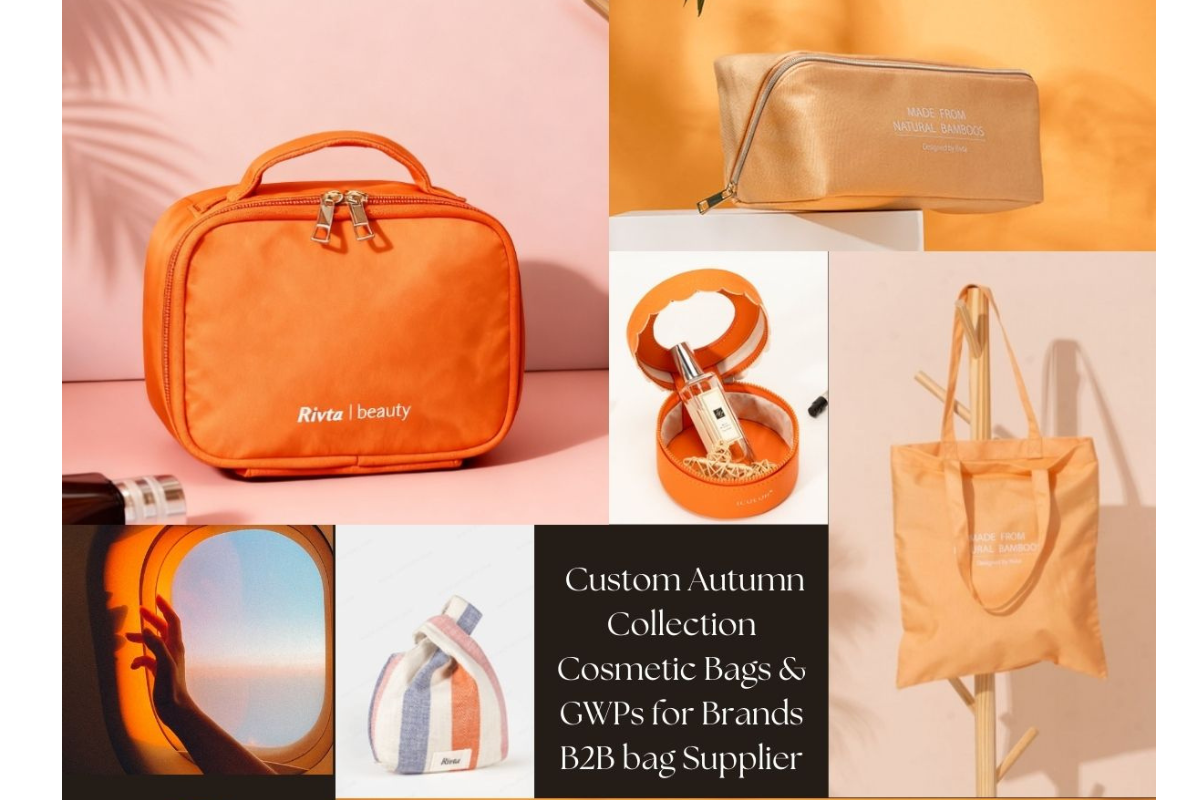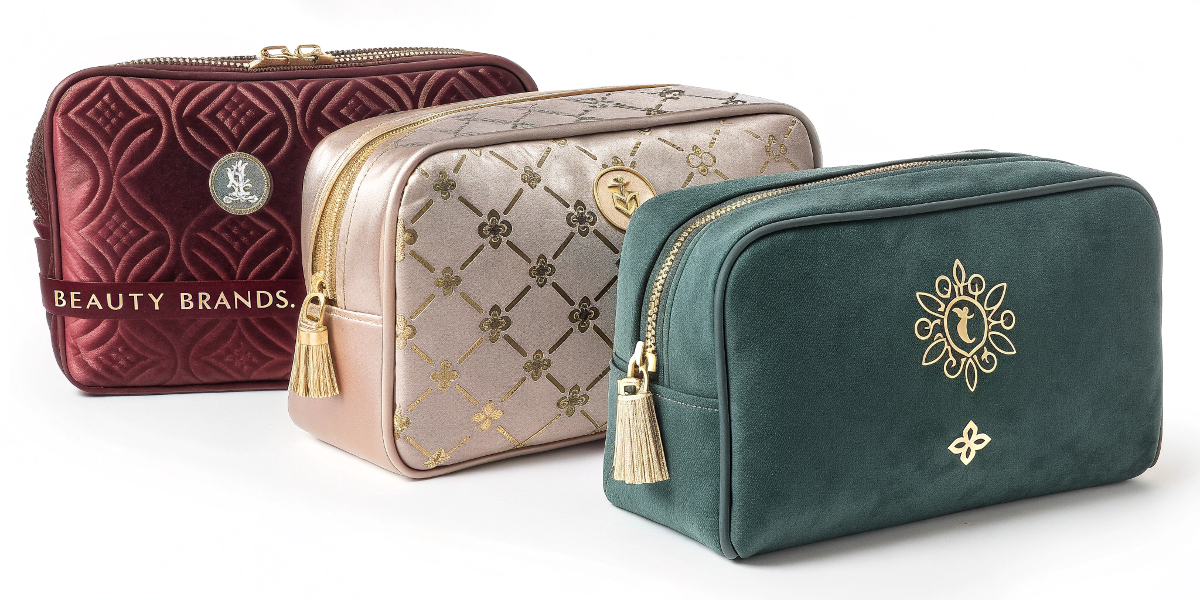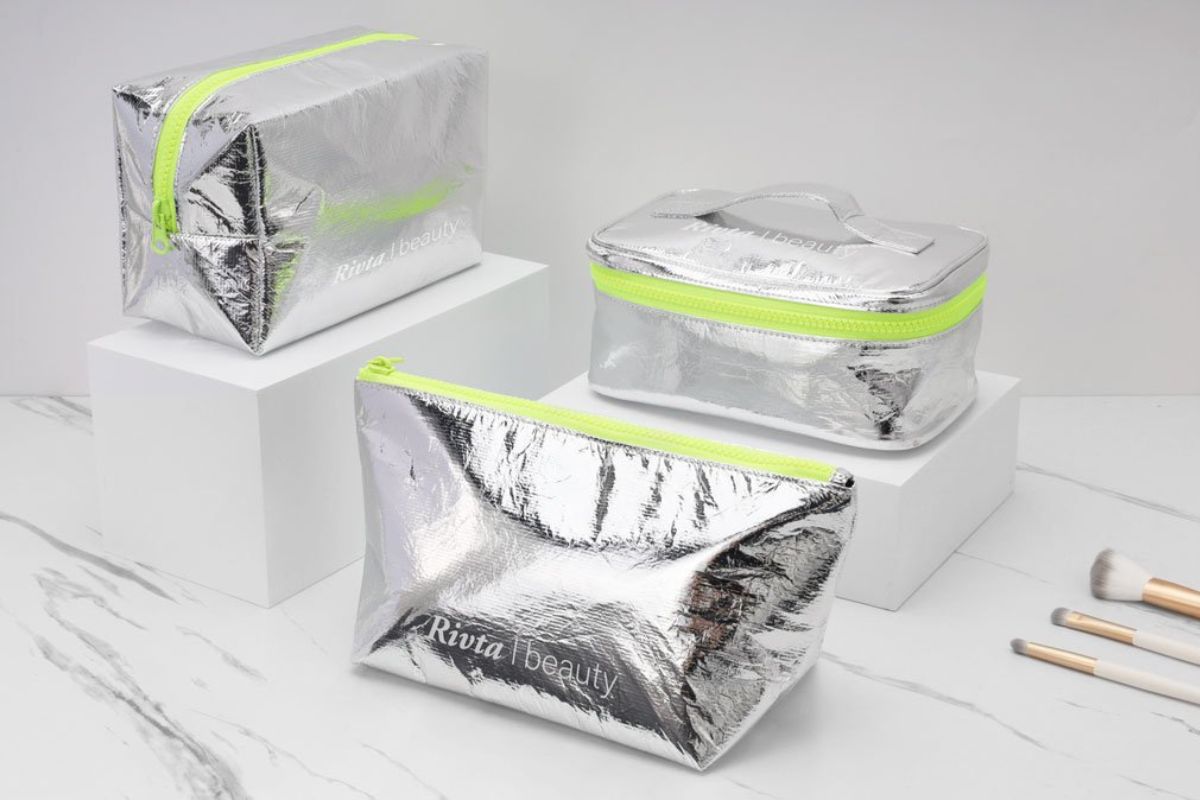How to Source Custom Eco Cosmetic Bags Without Compromising on Design
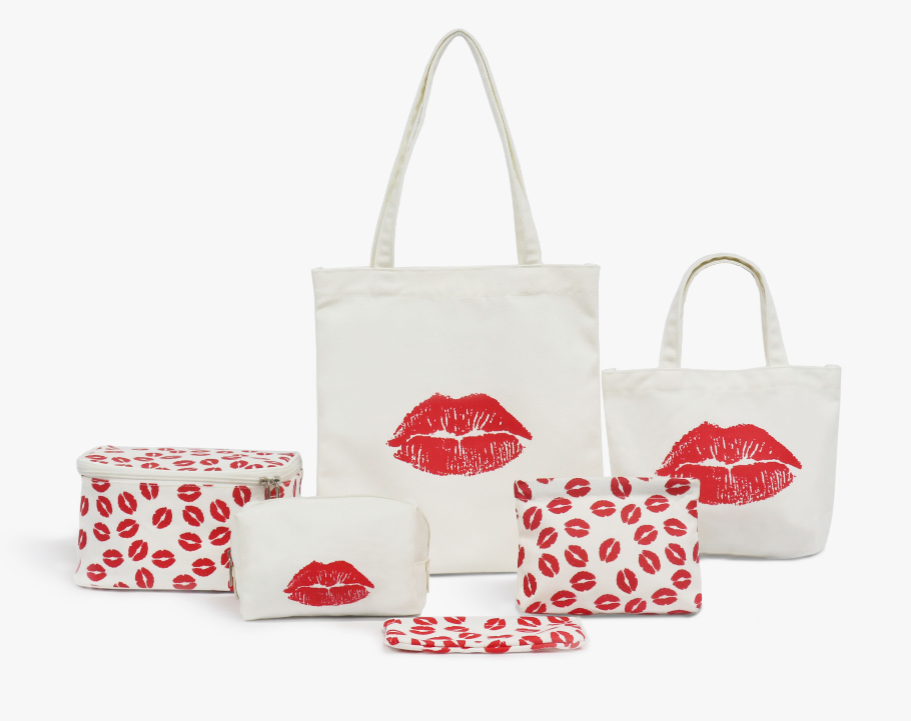
Introduction: A New Era of Conscious Consumerism
In today's retail landscape, the demand for sustainable products is no longer a niche trend but a mainstream expectation. For experienced buyers in the gifting and home accessories sector, this shift presents both a challenge and an opportunity. Consumers are increasingly scrutinizing the environmental impact of their purchases, from the materials used to the manufacturing processes involved. This is particularly true for items like cosmetic bags, which are often seen as disposable. However, a growing number of consumers are seeking out high-quality, eco-friendly alternatives that align with their values.
This article is for the discerning buyer who understands that sustainability and style are not mutually exclusive. It’s for the professional who is tasked with sourcing products that not only meet the aesthetic demands but also its commitment to environmental responsibility. We will explore how to navigate the complexities of sourcing custom eco-friendly cosmetic bags without sacrificing design, quality, or brand integrity. We will delve into the latest material innovations, the importance of regulatory compliance, and the benefits of a strategic partnership with a manufacturer that shares your vision.
The Evolving Landscape of Eco-Friendly Materials
The journey towards truly sustainable cosmetic bags begins with material selection. The industry has moved beyond basic organic cotton, embracing a diverse range of innovative, environmentally conscious options. These materials offer not only reduced environmental impact but also new aesthetic possibilities, allowing for designs that are both beautiful and responsible.
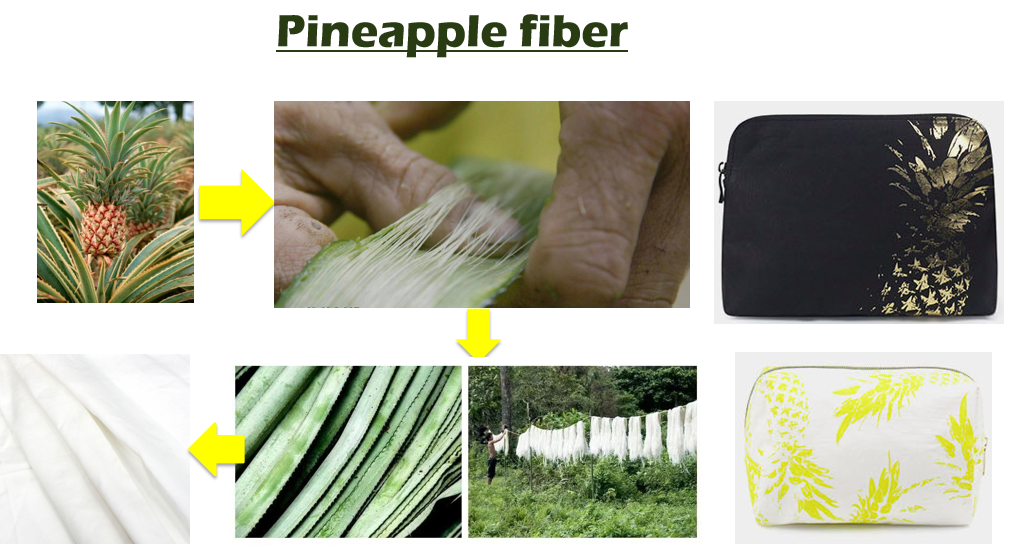
Innovations in Eco-Friendly Cosmetic Bag Materials
| Material Type | Description | Environmental Benefits | Design Considerations |
|---|---|---|---|
| Recycled PET (RPET) | Made from recycled plastic bottles, durable and versatile. | Reduces plastic waste, lower energy consumption than virgin PET. | Can be dyed in various colors, good for structured bags. |
| Organic Cotton | Grown without synthetic pesticides or fertilizers. | Reduces chemical runoff, conserves water. | Soft, natural feel, suitable for various styles, often requires GOTS certification. |
| Bamboo Fabric | Natural antibacterial and hypoallergenic properties | Requires minimal water and no pesticides, improves soil health. | Textured, rustic look, highly durable, good for natural aesthetics. |
| Cork Leather | Sustainable alternative to animal leather, harvested from cork oak trees. | Renewable resource, lightweight, water-resistant. | Unique texture, natural patterns, suitable for sophisticated designs. |
| Pineapple Leaf Fiber | Vegan leather alternative made from pineapple leaf waste. | Utilizes agricultural waste, biodegradable. | Flexible, can be embossed, good for modern, cruelty-free designs. |
| Recycled Nylon | Derived from pre-consumer and post-consumer waste like fishing nets. | Reduces landfill waste, conserves resources. | Strong, smooth, often used for linings or durable exteriors. |
Selecting the right material involves balancing environmental benefits with functional and aesthetic requirements. Brands must consider the entire lifecycle of the material, from sourcing to end-of-life, to ensure genuine sustainability. This holistic approach ensures that the chosen materials not only look good but also contribute positively to the planet.
Navigating Regulatory Trends and Certifications

The global cosmetics industry is increasingly subject to stringent regulations concerning product safety, environmental impact, and ethical sourcing. For buyers, understanding and adhering to these regulations is paramount to avoid costly penalties and reputational damage. Certifications play a crucial role in demonstrating a commitment to sustainability and ethical practices, offering transparency and assurance to both businesses and consumers.
Key regulatory trends include stricter controls on chemical substances, increased demand for supply chain transparency, and growing emphasis on circular economy principles. Brands must ensure their cosmetic bags comply with international standards such as REACH (Registration, Evaluation, Authorisation and Restriction of Chemicals) in Europe, and similar regulations in other major markets. Beyond compliance, certifications like GOTS (Global Organic Textile Standard) for organic textiles, Oeko-Tex for harmful substances, and various fair trade certifications, provide verifiable proof of sustainable and ethical production.
For manufacturers, obtaining certifications like BSCI (Business Social Compliance Initiative), SEDEX (Supplier Ethical Data Exchange), and ISO9001 (Quality Management Systems) is a testament to their operational integrity and commitment to responsible manufacturing. These certifications are not just badges; they represent a dedication to continuous improvement in social, environmental, and quality management systems, offering peace of mind to buyers seeking reliable and ethical partners.
Customization and Design: Beyond the Basic Pouch
The notion that eco-friendly products must compromise on design is outdated. Today, sustainable materials and manufacturing techniques allow for unparalleled creativity and customization. Brands can now create eco-cosmetic bags that are not only environmentally responsible but also visually striking and perfectly aligned with their brand identity.
Customization goes beyond simply adding a logo. It involves thoughtful consideration of form, function, and aesthetic. From unique shapes and closures to dedicated compartments and finishes, the possibilities are vast. Designers can leverage the natural textures and properties of eco-materials to create distinctive looks, or they can opt for innovative printing and dyeing techniques to achieve vibrant and sophisticated designs. The goal is to create a product that resonates with the brand's aesthetic while communicating its commitment to sustainability.
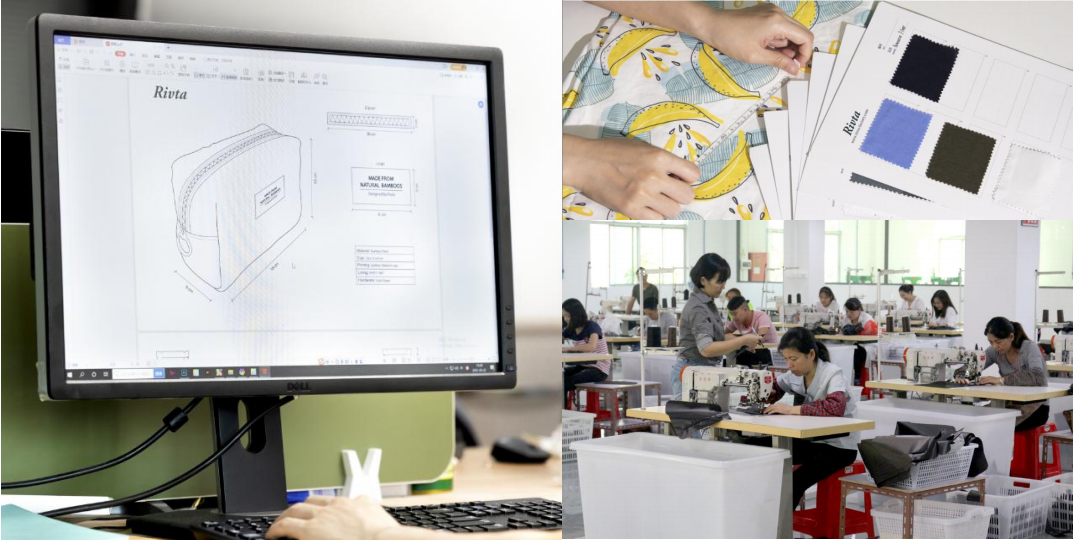
Customization Options for Eco-Cosmetic Bags
| Customization Aspect | Description | Design Impact | Sustainability Link |
|---|---|---|---|
| Material Selection | Choosing from RPET, organic cotton, cork, etc. | Defines texture, drape, and overall feel. | Direct impact on environmental footprint. |
| Structural Design | Unique shapes, internal compartments, closures. | Enhances functionality and visual appeal. | Optimized material use, durability for longer life. |
| Printing & Embellishment | Eco-friendly inks, embroidery, debossing. | Adds branding, visual interest, and tactile elements. | Low-impact processes, non-toxic materials. |
| Hardware & Zippers | Recycled metal, biodegradable plastics. | Functional and aesthetic accents. | Reduces virgin material consumption. |
| Lining & Interior | Contrast linings, Dedicated pockets. | Adds a touch of luxury and organization. | Often uses recycled or natural fibers. |
For brands which prioritize refined aesthetics and quality, the ability to customize eco-friendly cosmetic bags ensures that sustainability enhances, rather than detracts from, their product offering. It allows them to deliver products that meet the high expectations of their discerning customers, who value both beauty and ethical production.
The Strategic Partnership: Choosing the Right Manufacturer
Sourcing custom eco-friendly cosmetic bags requires more than just finding a supplier; it demands a strategic partnership with a manufacturer who understands your brand's values and can deliver on both sustainability and design. This is where a manufacturer like Rivta, with its deep roots in the industry and a clear commitment to eco-conscious production, becomes an invaluable ally.
Rivta, a medium-scale manufacturer founded in the 1990s in Dongguan City, has built a reputation for specializing in custom-made, mid-to-high end eco-friendly cosmetic bags for worldwide brands. Their comprehensive services include original designs, innovative eco-friendly material solutions, customization, and manufacturing. This holistic approach ensures that every aspect of the product, from concept to creation, aligns with sustainable practices.

What sets a manufacturer like Rivta apart is their dedication to quality and ethical production, evidenced by their BSCI, SEDEX, and ISO9001 certifications. These certifications are not merely formalities; they signify a commitment to fair labor practices, safe working conditions, and consistent product quality. For a buyer like Lucy Thurtle, who values both the aesthetic and ethical dimensions of a product, partnering with a certified manufacturer provides the assurance that the cosmetic bags are produced responsibly and to the highest standards.
A true partner will also offer collaborative design processes, material expertise, and a willingness to innovate. They should be able to translate a brand's vision into a tangible product, offering solutions for complex design challenges while adhering to sustainable principles. This collaborative spirit is essential for creating custom eco-cosmetic bags that truly stand out in the market and resonate with environmentally conscious consumers.
Ensuring Quality and Ethical Production
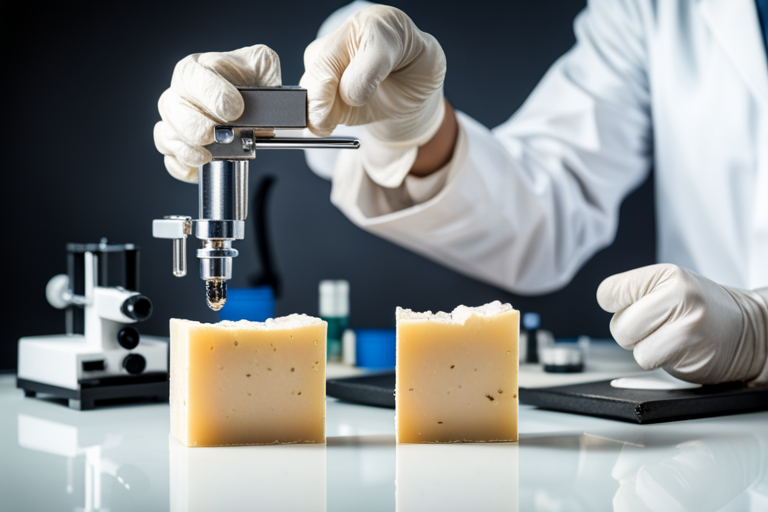
For any brand, the integrity of its products extends beyond their aesthetic appeal to encompass the entire production process. Ensuring quality and ethical production in the manufacturing of eco-cosmetic bags is not just about compliance; it's about building consumer trust and upholding brand values. This involves rigorous quality control, adherence to social and environmental standards, and transparency throughout the supply chain.
Quality assurance in eco-cosmetic bag manufacturing involves meticulous checks at every stage, from raw material inspection to final product packaging. This includes testing material durability, colorfastness, and the integrity of stitching and hardware. Ethical production, on the other hand, focuses on fair labor practices, safe working conditions, and environmental responsibility. Certifications like BSCI and SEDEX provide independent verification of a manufacturer's commitment to these principles, offering buyers confidence in their sourcing decisions.
Moreover, a manufacturer's ability to provide detailed documentation on their supply chain, including the origin of materials and the processes involved, is crucial. This transparency allows brands to trace the journey of their products and verify their sustainability claims. By prioritizing manufacturers with robust quality management systems and a proven track record of ethical production, brands can ensure that their eco-cosmetic bags not only meet high standards of design and functionality but also reflect a genuine commitment to responsible manufacturing.
The Business Advantage: Why Eco-Friendliness Matters for Your Brand and Your Customer
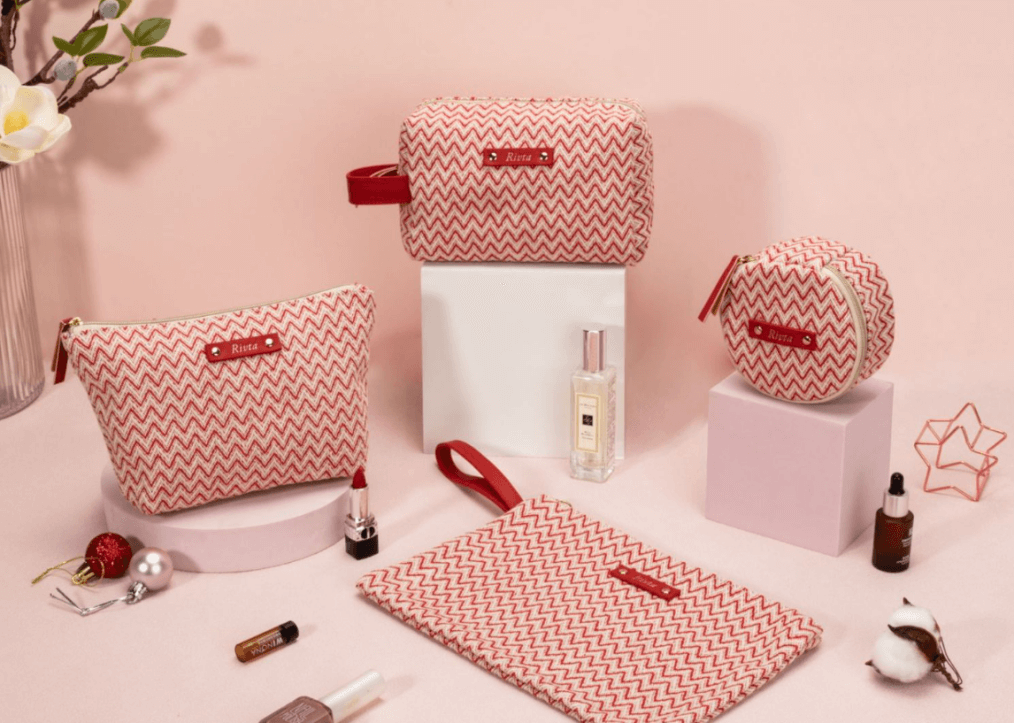
Embracing eco-friendly practices in cosmetic bag sourcing is not merely a trend; it's a strategic business imperative. The shift towards sustainability is driven by evolving consumer values, regulatory pressures, and the undeniable benefits of a responsible brand image. For brands, this translates into enhanced reputation, increased customer loyalty, and a competitive edge in a crowded market.
Consumers, particularly those in key demographics, are actively seeking brands that demonstrate a genuine commitment to environmental and social responsibility. They are willing to pay a premium for products that align with their values, making sustainability a powerful differentiator. Beyond consumer perception, eco-friendly sourcing can lead to operational efficiencies, reduced waste, and a more resilient supply chain.
Benefits of Sourcing Eco-Friendly Cosmetic Bags
| Benefit Category | Description | Impact on Brand & Customer |
|---|---|---|
| Enhanced Brand Reputation | Demonstrates commitment to sustainability and ethical practices. | Builds trust, attracts environmentally conscious consumers. |
| Increased Customer Loyalty | Resonates with values-driven consumers, fostering repeat purchases. | Creates a strong emotional connection with the brand. |
| Competitive Differentiation | Stands out in the market, appealing to a growing segment. | Positions the brand as a leader in responsible commerce. |
| Regulatory Compliance | Proactive adherence to environmental and social regulations. | Avoids penalties, ensures market access. |
| Supply Chain Resilience | Diversifies material sources, reduces reliance on volatile resources. | Mitigates risks, promotes long-term stability. |
| Positive Social Impact | Supports fair labor and safe working conditions. | Contributes to a better global community. |
For a brand like The White Company, which caters to a discerning clientele, offering eco-friendly cosmetic bags reinforces its commitment to quality, style, and responsible living. It allows them to meet the evolving expectations of their customers, who increasingly view sustainability as a non-negotiable aspect of luxury and lifestyle products. This strategic alignment not only drives sales but also strengthens the brand's position as a thoughtful and forward-thinking entity.
Conclusion: A Sustainable Future, Beautifully Crafted
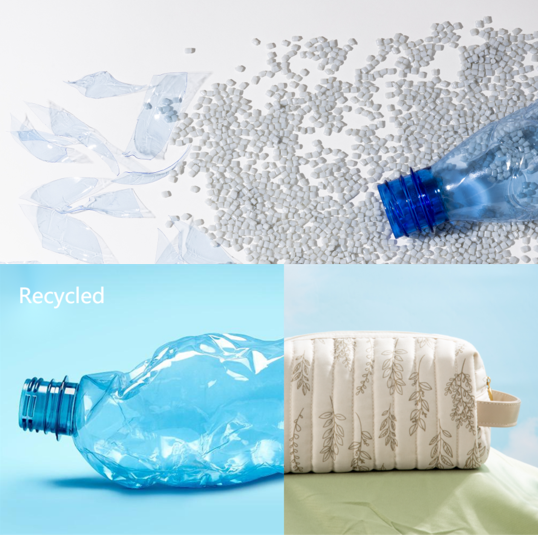
The journey to source custom eco-friendly cosmetic bags without compromising on design is a testament to a brand's commitment to a sustainable future. It requires a nuanced understanding of material innovation, regulatory landscapes, and the strategic importance of choosing the right manufacturing partner. For brands and buyers alike, this endeavor is not just about producing a product; it's about crafting a statement—a statement that resonates with a growing global consciousness.
By embracing eco-conscious sourcing, brands can not only meet the demands of an evolving market but also contribute positively to environmental and social well-being. The ability to offer beautifully designed, ethically produced, and environmentally responsible cosmetic bags is a powerful differentiator, fostering deeper connections with consumers and solidifying a brand's position as a leader in sustainable luxury. As the world continues to prioritize sustainability, the brands that proactively integrate these values into their core operations will be the ones that thrive, creating a more beautiful and responsible future, one cosmetic bag at a time.
